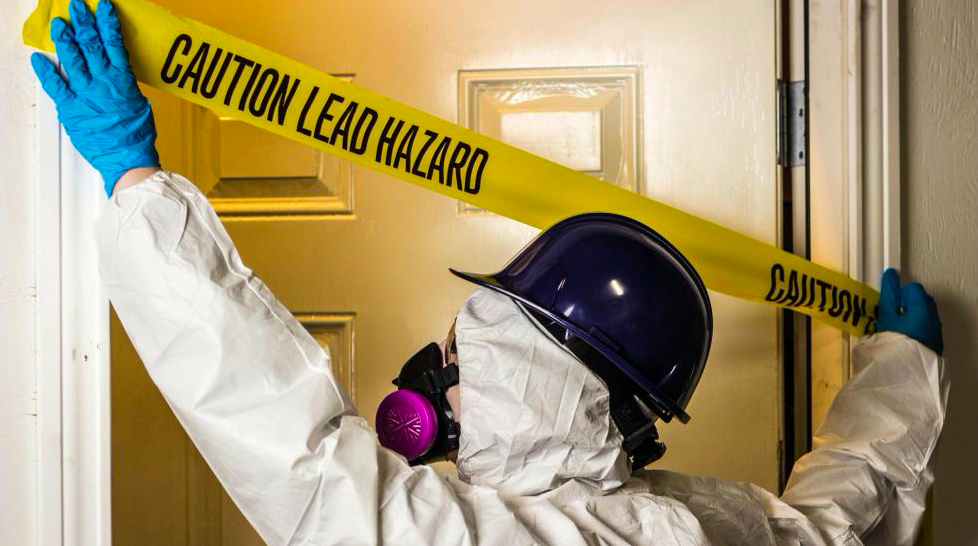Lead Abatement Certification: Why It's Essential for Professionals
Discover why lead abatement certification is essential for professionals and how EEA's courses can help you comply with regulations and ensure safety.

Understanding Lead Abatement Certification
Lead abatement goes beyond simple renovation. It involves specialized techniques to permanently eliminate lead-based paint hazards. This certification is crucial because it ensures that contractors can safely handle and remove lead hazards, protecting both workers and residents from lead exposure.
Why is Lead Abatement Certification Essential?
- Health and Safety: Lead exposure can cause serious health issues, particularly in children and pregnant women. Certified professionals know how to minimize risks and ensure safe environments.
- Regulatory Compliance: The EPA and other regulatory bodies require proper certification for lead abatement projects. Without it, you risk hefty fines and legal issues.
- Professional Credibility: Certification proves your expertise and commitment to safety, boosting your credibility with clients and employers.
- Market Advantage: With this specialized certification, you stand out in the competitive construction and renovation market, opening doors to more job opportunities.
Steps to Obtain Lead Abatement Certification
- Verify Eligibility: Typically, you need to have relevant experience in construction, renovation, or a related field. Make sure you meet these prerequisites before applying.
- Choose an Accredited Training Program: Environmental Education Associates offers EPA-accredited training programs that cover everything you need to know about lead abatement.
- Complete the Training Course: The course involves both classroom instruction and hands-on training, covering topics like lead hazard evaluation, risk assessment, and abatement techniques.
- Pass the Certification Exam: After completing the training, you must pass a written exam to demonstrate your knowledge and skills.
- Obtain Your Certification: You’ll receive your lead abatement certification once you pass the exam. This credential needs to be renewed periodically through refresher courses.
Benefits of Choosing Environmental Education Associates
- Expert Instruction: Learn from industry experts with extensive experience in lead abatement.
- Comprehensive Curriculum: Our courses are designed to cover all aspects of lead abatement, ensuring you are well-prepared for the certification exam.
- Ongoing Support: We provide continuous support and resources to help you stay updated on industry best practices and regulations.
FAQs
- How long does the certification process take?
The training typically takes several days, followed by the certification exam. The entire process can be completed in a week or two.
- What happens if my certification expires?
You will need to retake the initial course. It is essential to complete your refresher course BEFORE your certification expires.
- Can I start lead abatement projects immediately after certification?
Yes, once certified, you can begin working on lead abatement projects, ensuring compliance with all regulatory requirements.
- Is online training available?
While some components of the training might be available online, the hands-on portion must be completed in person to ensure practical proficiency.
Conclusion
Lead abatement certification is more than just a legal requirement; it's a commitment to safety, professionalism, and excellence in the construction and renovation industries. At Environmental Education Associates, we're dedicated to helping you achieve this critical certification, enhancing your skills and career prospects.
Ready to take the next step? Contact us today to enroll in our lead abatement certification program and become a leader in safe renovation practices.

